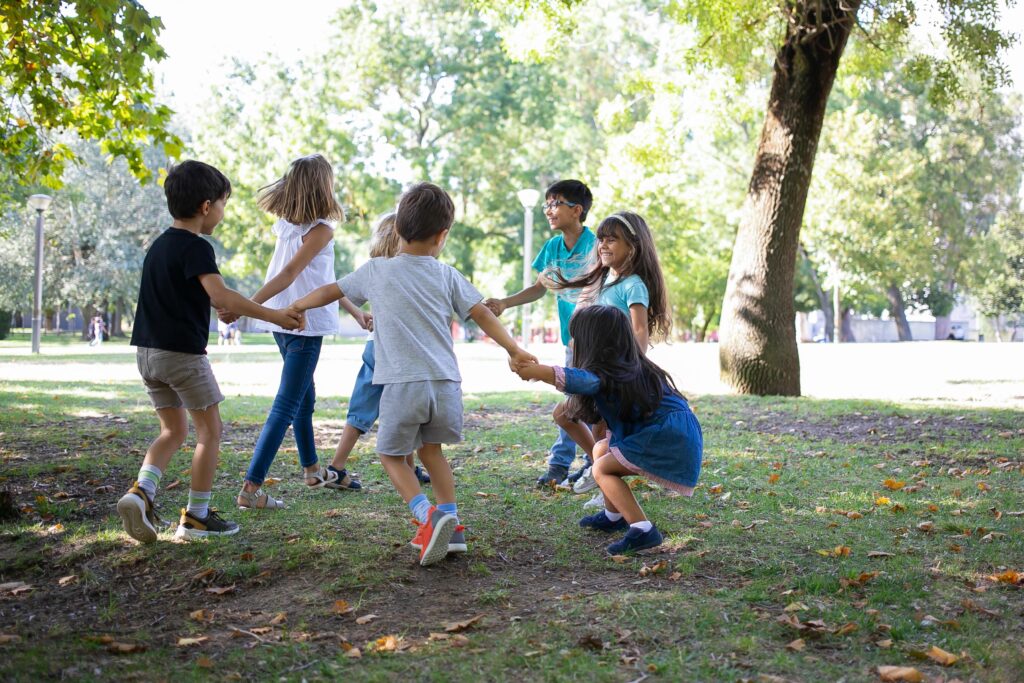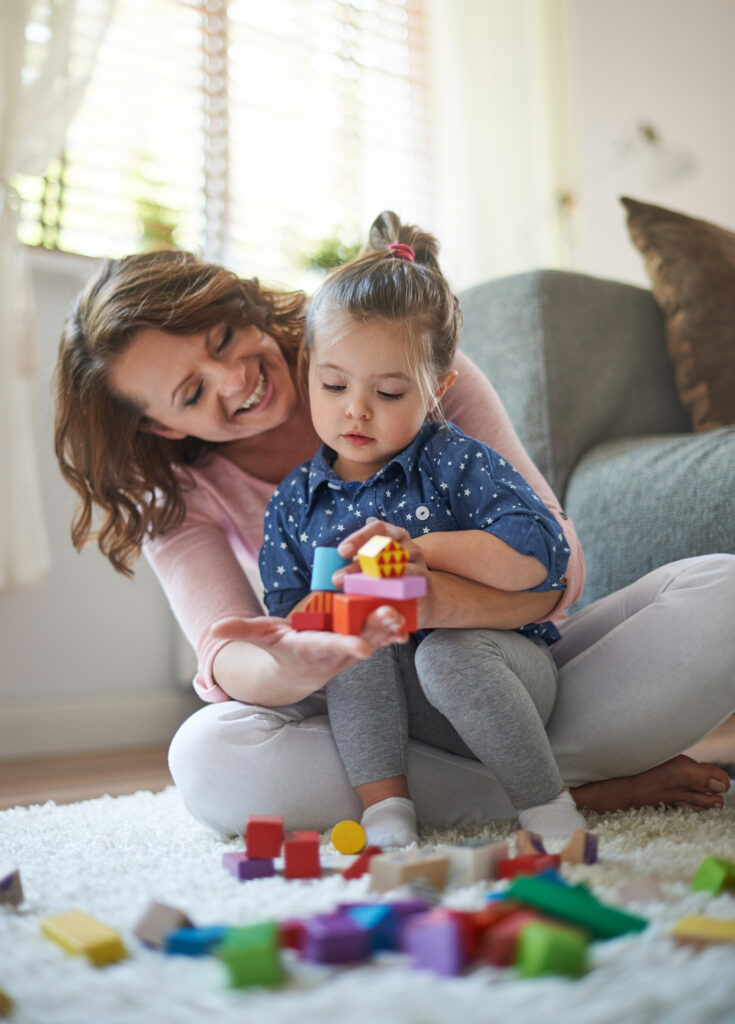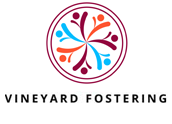Become a Foster carer
There are six stages in your journey to becoming a Foster Carer. The process can take between three to six months depending on your circumstances.
Application Process
Step 1: Enquiry
You can register your interest in becoming a foster carer with us by calling us on 01582 522308 or completing the enquiry form on our website. During this stage, we will get to know you and answer any questions you may have about becoming a foster carer with Vineyard Fostering.
Step 2: Initial Visit
At this stage, a Fostering Advisor will visit your home, provide more information and answer any other questions you may have. By the end of the home visit, you should have good idea of whether fostering is right for you.
To proceed to the next stage, you will complete our application form.
Step 3: Fostering Assessment
On receiving your application form, one of our Social Workers will be in touch to start your fostering assessment.
They will visit your home a number of times (may be up to ten times depending on your circumstances) to gather information about you, your family, any skills and experience you have that will help you with fostering.
Information we will require about you, other members of your household and family include:
- Your full name, address and date of birth
- Information about your health (supported by a medical report)
- Information about any other adult members of, and children in, your household and family
- Details of your accommodation
- The outcome of any previous application made a member of your household to foster or adopt children, or for registration as an early years provider including details of any approval or refusal of approval
- Where you have been a foster parent approved by another fostering service provider, the name and address of that fostering service provider
- Details of two referees
- Information about current, and any previous, marriage, civil partnership or similar relationship
Step 4: Checks and References
As part of the assessment process, we will carry out a number of important and vital checks and references.
These include: -
- Disclosure and Barring Service (DBS)
- Medical
- Local Authority
- Home Safety Assessment
- Pet Assessment
- Evidence of citizenship or leave to remain in the UK
Step 5: Preparatory Training
During the assessment stage, you will be invited to attend our fostering preparatory training which will give you a full understanding of your fostering role and get you thinking about how you would respond to some of the situations you may find yourself in when you become a foster carer and are caring for a child.
Step 6: Fostering Panel
After your assessment has been completed, we will present your information to a Fostering Panel who will interview you and make their recommendation to the Agency Decision Maker, who makes the final decision about your approval as a foster carer.
NEWLY APPROVED FOSTER CARERS
Fostering with Us
Once you have been approved, your fostering journey with us will begin!
As a newly approved foster carer, we understand that the first few months can seem daunting, however, we can assure you of the amazing support you will receive every step of the way.
Your foster carer pack contains important information you will need to start on your fostering journey.
In addition to this, with our 24/7 and out of hours support, ongoing face to face and e-training, online resources, regular visits and phone calls from your dedicated support team, you will definitely never feel alone.
We aim to get you fostering a child or young person as soon as possible and will actively promote your skills to our local authority partners.

Referral and Placement Process
When you receive a referral for a child or young person which match your skills and preferences and a decision has been made to make a placement, a pre-placement planning meeting should take place between you as the foster carer, your Supervising Social Worker and the child’s Social Worker. If appropriate the child and his/her family/significant others should attend.
This meeting will consider and agree the placement arrangements for the child, share full information about the child and agree the contents of the Placement Plan including confirmation of specific arrangements regarding the care of the child or young person.
As well as providing the Placement Plan, the child’s Social Worker should also provide as much information about the child as possible, including:
• The Chronology of significant events in the child’s life
• A copy of the Care Plan
• Any other relevant information about the child, for example, recent Looked After Child Review reports, Personal Education Plan, reports from specialists or therapists.

Welcoming a Foster Child
Welcoming a child into your home for the first time can be overwhelming for a child or young person, therefore, it is important to make your home welcoming for their arrival.
Where possible we will arrange a period of introduction between the you and the child in which you will prepare a welcome booklet with pictures of you, your home and family for the child or young person.
You will also receive information about the child, their family background and why they are in care. There may also be an opportunity to meet the child, preferably, at your home.
This will help the child to get to know you and your family before the placement starts and ease any anxiety on both sides.
Our team are available to support and guide you in the early stages of your journey into fostering.

FOSTER CARER TRAINING AND SUPPORT
Vineyard Fostering Agency is committed to ensuring foster carers receive quality face to face and online training and effective support to develop skills which in turn helps to improve outcomes for vulnerable children, young people and their families.
Foster Carer Training
The wealth of training resources and information we offer to our foster carers ensures a good understanding of our core values and provides clarity about the foster carer’s roles, responsibilities and accountabilities.
Our foster training courses are designed to develop your skills in meeting the needs of children in your care and accomplishing your fostering career goals. During your assessment, you will undertake the induction training programme which will give you understanding of what fostering is, the developmental needs of, and caring for, children and young people in care.
Once you have completed your induction training during your assessment and have received approval as a registered foster carer, you will undertake mandatory training which can be completed at your own pace over the first 12 months of your fostering journey. Your Supervising Social Worker will support you with this.
We have a wide range of face to face or online training available to further develop your skills and knowledge, for example in a specialist area, and improve outcomes for the children and young people you foster.

Foster Carer Support
When you join Vineyard Fostering, we will be there to support you in your fostering journey because we believe that if our foster carers are to effectively care for the children and young people placed with them, they have to themselves feel valued and supported.
You will be allocated a Supervising Social Worker who will work closely with you and be in touch with you on a regular basis. With our 24/7 support, training, family activities and events on offer to our foster carers through the year, you are never alone.
Our dedicated team of professionals support you with looking after the needs of the child, offer advice and guidance and provide assistance if you need any matter addressed or resolved.
Your Supervising Social Worker will be your main contact within the Agency and will support you with any placements you have. They will:

FOSTERING ALLOWANCE

